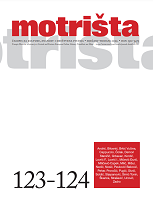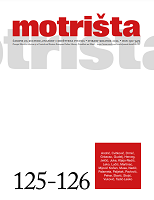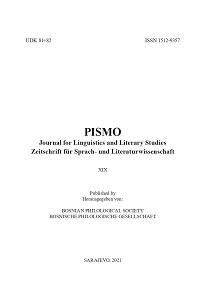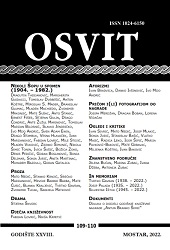
Balkanska Odiseja Predraga Fincija
Knjiga O kolodvoru i putniku prvi je put objavljena na stranicama časopisa Motrišta (broj 74, studeni - prosinac 2013., str. I. – LVII.). Predgovor za talijansko izdanje ove knjige, koji ovdje objavljujemo u prijevodu Tvrtka Klarića, napisao je Elio Cappuccio, autor mnogih eseja i studija, profesor moderne i suvremene filozofije, koji živi i radi u Sirakuzi.
More...


